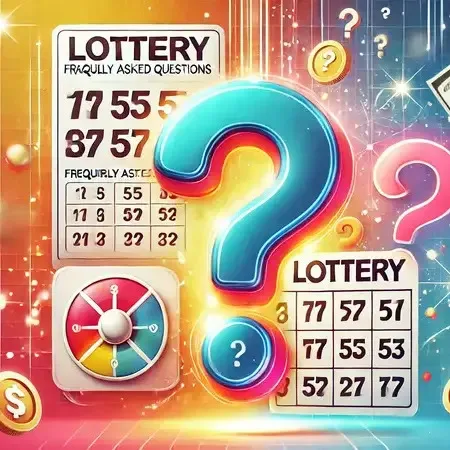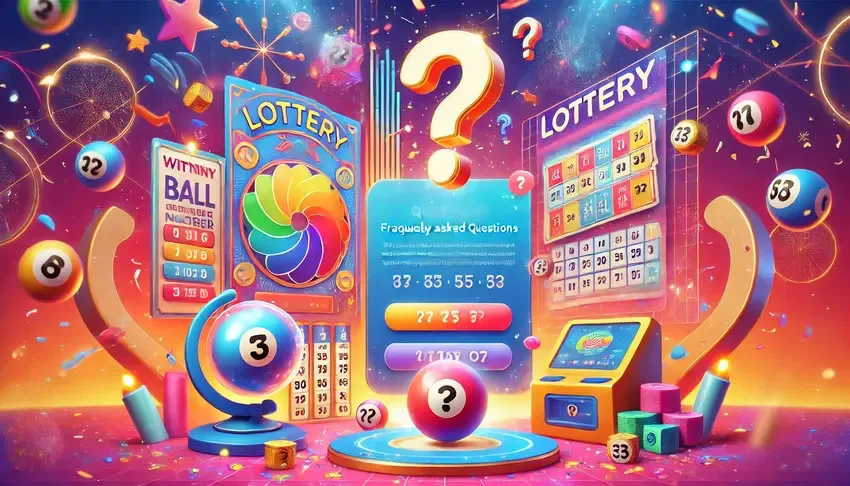
Frequently Asked Questions About Lotteries: What Newcomers Need to Know
Lotteries have long been a popular form of entertainment and a chance for people to dream of life-changing wins. However, for those new to the world of lotteries, there are often many questions. In this guide, we’ll cover the most frequently asked questions to help newcomers better understand how lotteries work and what to expect when participating.
What is a Lottery and How Does It Work?
A lottery is a game of chance where participants purchase tickets with the hope of winning a prize. The concept is simple: you buy a ticket with a set of numbers, and if those numbers match the numbers drawn, you win. There are various types of lotteries, including national, state, and even international lotteries. Each lottery follows its own set of rules regarding ticket purchases, drawing procedures, and prize distribution.
Typically, lottery draws are held at scheduled times, where a random number generator or physical method (like drawing balls) determines the winning numbers. The more numbers on your ticket that match the drawn numbers, the larger your prize will be.
What Are the Chances of Winning a Lottery?
The odds of winning a lottery depend on the specific game you are playing. In most cases, the chances of hitting the jackpot are very low—usually in the range of 1 in several million. For example, the odds of winning a major national lottery may be around 1 in 14 million or higher.
However, many lotteries offer smaller prizes for matching fewer numbers. So, even if your odds of winning the jackpot are slim, there’s still a chance to win smaller amounts, making it exciting for many participants.
How Do I Choose the Right Lottery to Participate In?
Choosing the right lottery depends on several factors, including the size of the jackpot, the odds of winning, and your personal preferences. Some people prefer lotteries with massive jackpots, even though the odds of winning are much lower. Others might prefer games with smaller jackpots but better chances of winning.
Additionally, you should consider whether you prefer national lotteries, where the prize pool is larger, or local ones, where the odds might be slightly better. Always check the lottery’s rules and prize structure before buying a ticket.
Where Can I Buy Lottery Tickets?
Lottery tickets can be purchased from authorized retailers, and increasingly, they are available online. Many reputable online casinos, like BingBong Casino, offer lottery ticket purchasing services, allowing you to participate in lotteries from around the world without leaving your home.
It’s important to ensure you are buying tickets from licensed and reputable sources to avoid any scams or issues with prize collection.

How Do I Check My Lottery Ticket Winnings?
After the lottery draw, the winning numbers are usually published on the lottery’s official website or through licensed ticket retailers. You can compare the numbers on your ticket with the winning numbers. Many online platforms, including BingBong Casino, offer convenient ways to check your ticket directly from your account.
For physical tickets, you can also visit the place where you purchased the ticket or use automated machines available at lottery retailers.
What Taxes Do I Have to Pay on Lottery Winnings?
The tax laws surrounding lottery winnings vary depending on where you live. In many countries, lottery winnings are considered taxable income and are subject to state and federal taxes. For example, in the United States, a portion of your winnings is automatically withheld for federal taxes, and you may owe additional taxes when you file your annual tax return.
In some countries, however, lottery winnings are not taxed. It’s essential to check your local tax laws or consult with a financial advisor to understand your tax obligations if you win.
Lotteries offer excitement and the possibility of big rewards, but it’s essential to understand how they work, what the odds are, and any legal or financial considerations. Whether you’re playing a national lottery or purchasing tickets online through platforms like BingBong Casino, being informed helps you make better decisions and enjoy the experience responsibly.
